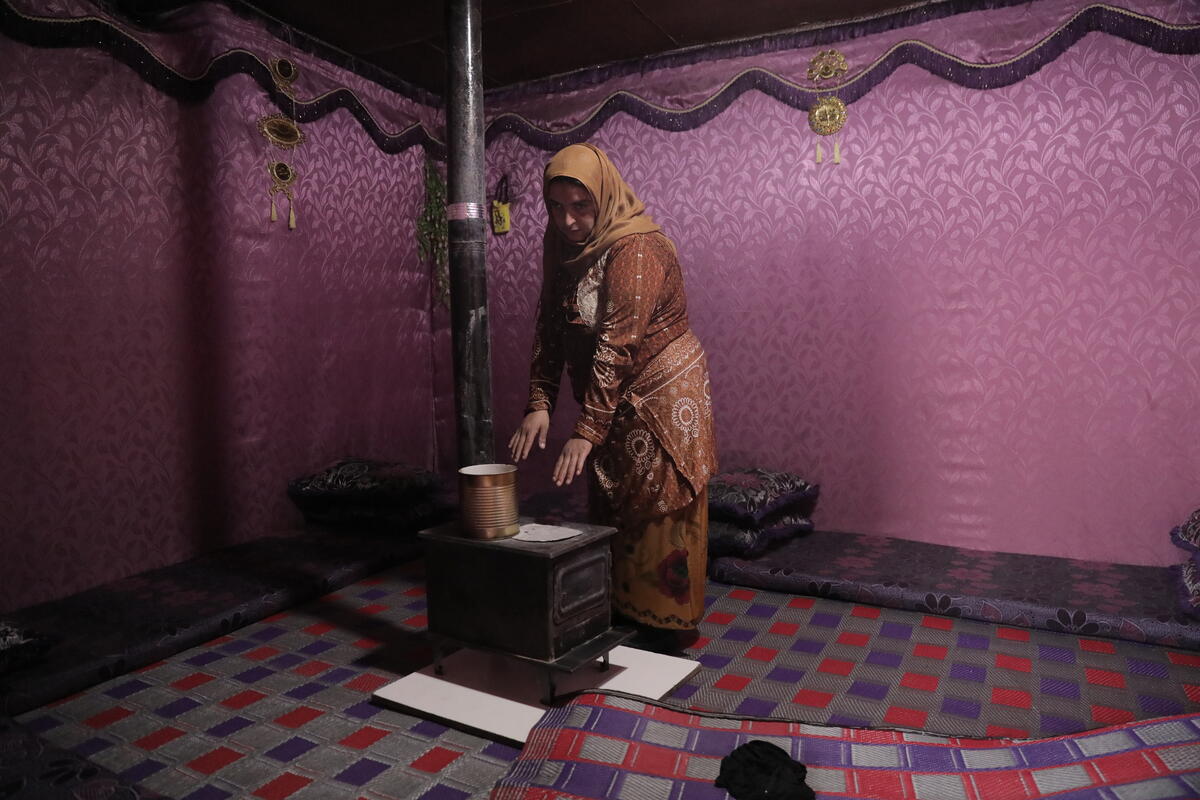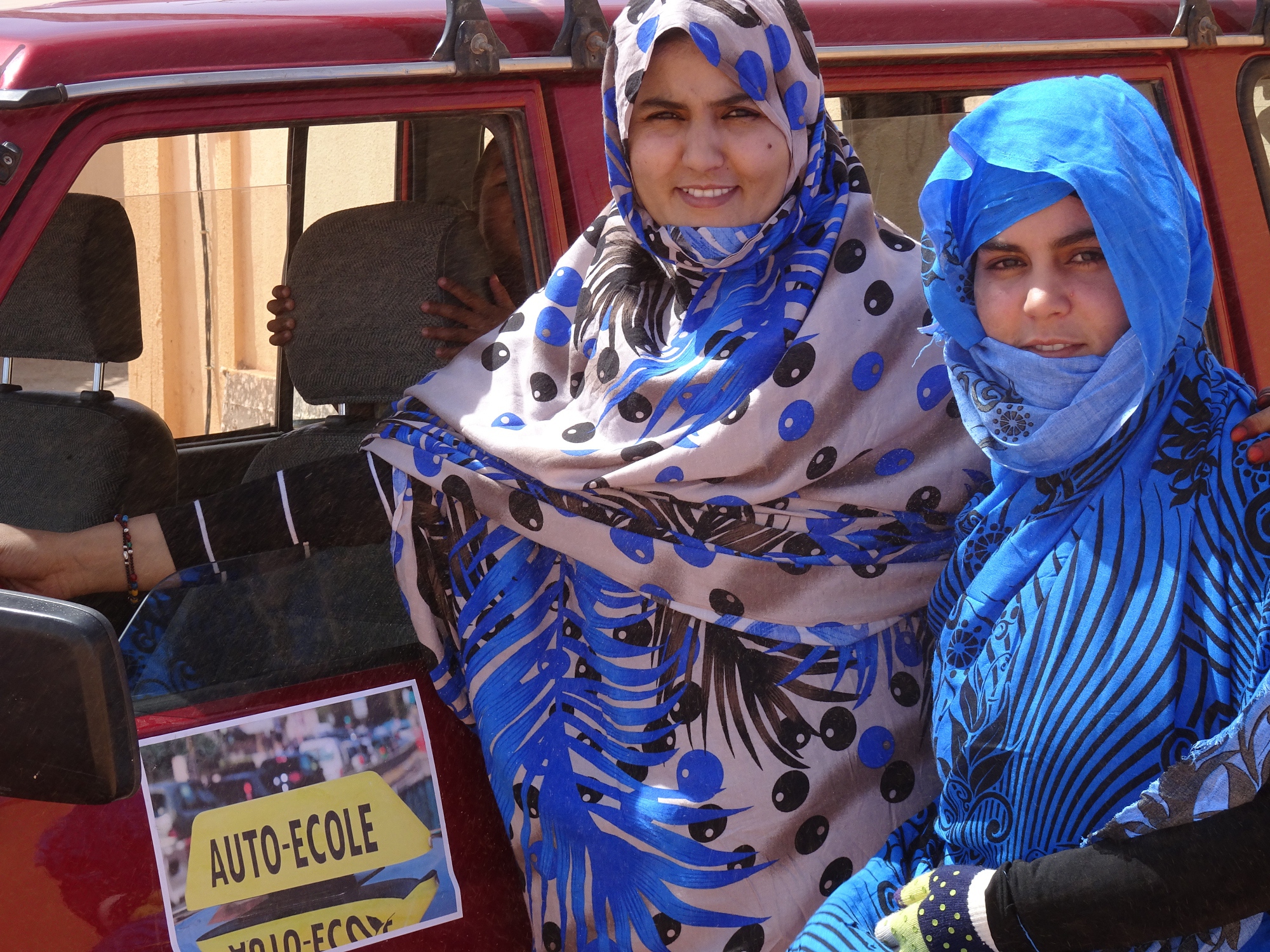UNHCR expands family visit initiative for Western Saharan refugees
UNHCR expands family visit initiative for Western Saharan refugees

TINDOUF, Algeria, May 14 (UNHCR) - The UN refugee agency has expanded its family visit programme between refugees in Algeria and their relatives back in the Territory of Western Sahara, starting a month-long series of flights between Algeria's refugee camps and the city of Smarra in Western Sahara.
On Friday morning, 26 people left Smarra on a special UN flight to Tindouf in western Algeria, where they will visit relatives living in the five windswept refugee camps. A separate group of 27 refugees flew to Smarra in the afternoon.
Smarra is the third Western Saharan city to be included in UNHCR's confidence-building family visit initiative, which has been underway since March 5, when the agency started flights between Tindouf and Laayoune, the capital of the Territory. They were later expanded to Dakhla in the south of the Territory.
To date, more than 420 people - both refugees and residents of the Territory - have participated in the weekly flights. Participants spend five days visiting relatives living in the refugee camps while refugees similarly visit family members living in the Territory.
Many of the participants are seeing their parents, brothers and sisters, even their spouses for the first time in decades, making for an emotional series of encounters. To ensure that no one experiences any problems, UNHCR staff conduct regular monitoring visits in the camps and in the Territory.
Friday's flights began after a previously-scheduled week-long break during which UNHCR registered new participants. In June, the agency expects to begin a final series of flights linking people living in the city of Bouljdour and their relatives in Algeria's refugee camps.
UNHCR's confidence-building initiative, which took more than five years to realise, started in January when it established phone lines linking people in the camps with their relatives in Western Sahara.
"We are extremely pleased that the entire operation is going so well and that the family visit phase is bringing so much satisfaction to everyone involved," said UNHCR spokesman Kris Janowski at a news briefing in Geneva Friday.
He noted that the operation would not be possible without the excellent cooperation of both the Algerian and Moroccan governments and the Polisario authority, as well as the support of the UN Mission for the Referendum in Western Sahara (MINURSO), which provides an Antonov 26 aircraft and medical personnel for the flight.
"We do hope that parties will soon agree to let us start a mail service between the camps and the Territory, a natural expansion of the phone connection and family visit initiative," he added.
The Western Saharans started fleeing to Algeria in 1975, when Morocco took control of the mineral-rich desert region after Spain abandoned it. A 15-year war ensued between the Moroccan government and the Polisario Front. The UN negotiated a cease-fire agreement in 1991, but has so far been unable to get the parties to decide the political future of the disputed territory.
Plans for the voluntary repatriation of some 165,000 refugees living in Algeria's camps have been repeatedly put on hold in view of the continuing political deadlock over Western Sahara.









